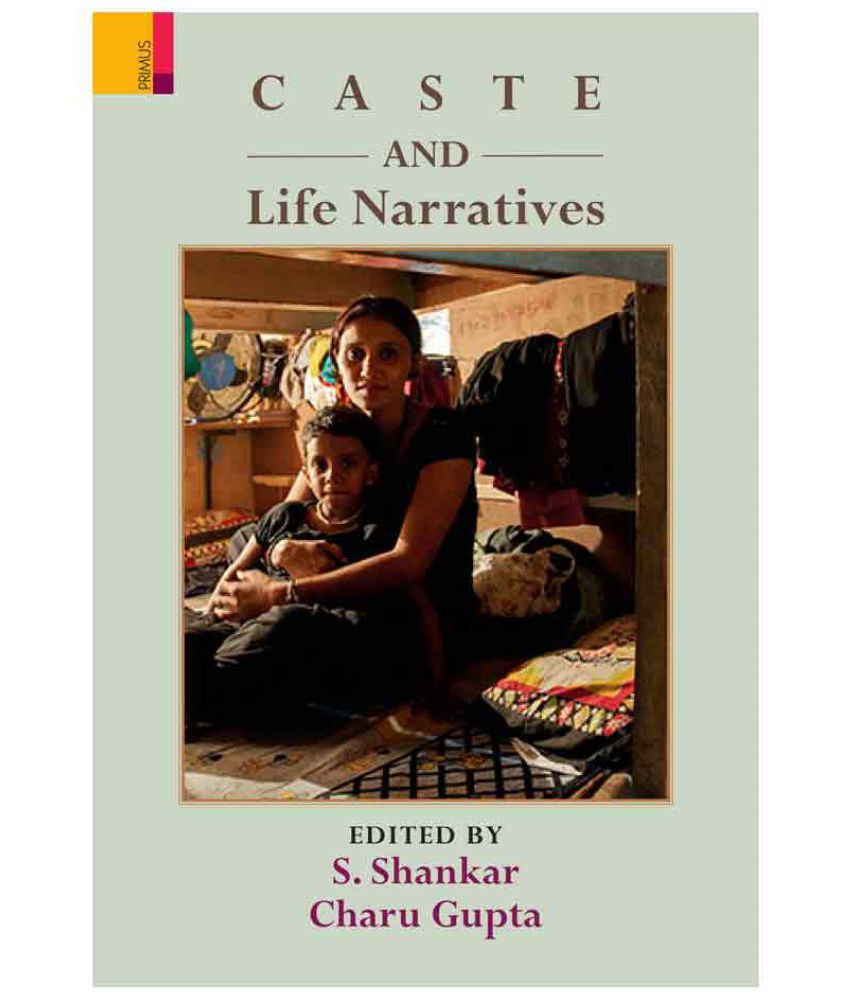Something went wrong. Please refresh the page and try again.
Something went wrong. Please refresh the page and try again.
Notifications can be turned off anytime from settings.
Item(s) Added To cart
Qty.
Something went wrong. Please refresh the page and try again.
Something went wrong. Please refresh the page and try again.
Exchange offer not applicable. New product price is lower than exchange product price
Please check the updated No Cost EMI details on the payment page
Exchange offer is not applicable with this product
Exchange Offer cannot be clubbed with Bajaj Finserv for this product
Product price & seller has been updated as per Bajaj Finserv EMI option
Please apply exchange offer again
Your item has been added to Shortlist.
View AllYour Item has been added to Shopping List
View All

No Cost EMI of Zero Emi Vendor applied on the product
You selected EMI of for monthsChangeGenerally delivered in 6 - 10 days
Item is available at . Change
You will be notified when this product will be in stock
| ||||||||||||||
This collection of twelve essays foregrounds the conjunction of the social phenomenon called ‘caste’ with the genre of representation called ‘life narratives’. Life narratives have long been a constitutive archive and a performative mode for testifying to the breadth and ferocity of caste oppression and for articu¬lating a language of caste dissent. Caste and Life Narratives covers a variety of modes of representing ‘actual lives’, in whole or in fragments-from autobiographies, and interviews to Facebook posts, biopics, visual representations, and most tragically, a suicide note. It uses the notion of ‘Critical Caste Studies’, which is vitally animated by Dalit Studies, but is not coterminous with it. While acknowledging the unique status of Dalit and Dalibahujan perspectives, it argues that caste is not the lived reality of Dalits alone and, accordingly, a critical study of caste cannot be solely their burden.
Drawing from postcolonial, Dalit and Critical Caste Studies, this syncretic collection of essays offers a unique theoretical and methodological perspectives, provoking new ways of entering into the burgeoning study of caste.
About the Author
S. Shankar is a novelist, literary and cultural critic, and translator. He is Professor and Chair, Department of English, University of Hawai`i at Mānoa. Shankar’s third novel Ghost in the Tamarind, published in September 2017, is set against the background of the anti-caste movement in south India in the twentieth century. His most recent critical book is the award-winning Flesh and Fish Blood: Postcolonialism, Translation and the Vernacular (2012). Shankar has also translated Komal Swaminathan’s Tamil play Thaneer, Thaneer (Water!). His scholarly essays and cultural journalism have been published in the US, India and Europe.
Charu Gupta teaches in the Department of History, University of Delhi. She has been an ICCR Chair at the University of Vienna, and a Visiting Faculty at Yale University, the University of Washington, and the University of Hawai`i. Her latest book is The Gender of Caste: Representing Dalits in Print (2016). She has published several research papers in national and international journals on gender, caste and religious identities, and has been translated into Bengali, Marathi and German. She is presently working on life narratives in Hindi in early twentieth-century north India.
The images represent actual product though color of the image and product may slightly differ.
Register now to get updates on promotions and
coupons. Or Download App